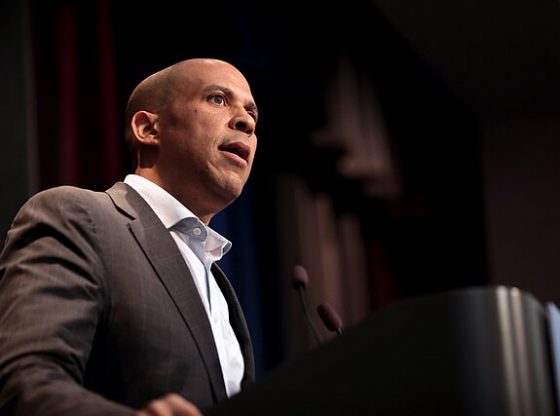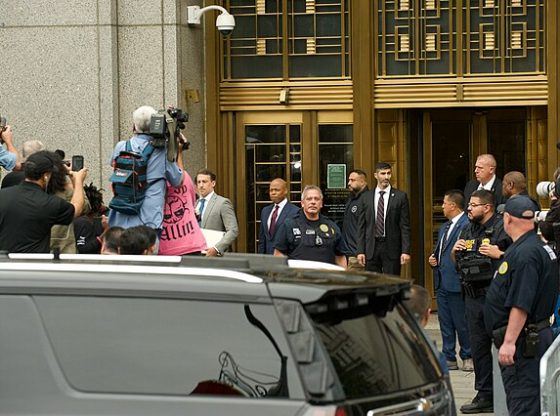Writing for Townhall, criminal justice attorney Marina Medvin raises questions about the legal repercussions that could arise from the transgender rights movement.
Transgender activists are heading to the Supreme Court, seeking to redefine sex discrimination under Title VII of the Civil Rights Act of 1964.
Medvin further explains:
The case is R.G. & G.R. Harris Funeral Homes Inc. v. EEOC. The funeral home company was sued by the EEOC after they fired a funeral director, Anthony Stephens / Aimee Stephens. The company’s employees, upon commencement of employment, “agree to follow a professional, sex-specific dress code,” their lawyers explain. The dress code is considerate of the delicate needs of grieving families. After about six years of employment as a male funeral director, Stephens informed the company that he is now going to live as a female named Aimee and dress as a female at work. The company carefully considered the impact this would have on their clientele and how Stephens sharing a bathroom with grieving widows would cause them further discomfort. The company asked Stephens to continue dressing like a man and to use men’s bathroom facilities while at work, something he agreed to do when he accepted the terms of employment as a male. Stephens declined to do so and filed a complaint with the EEOC, which then sued the funeral home company for discrimination under Title VII.
The EEOC is asking the Supreme Court to judicially amend the word “sex” to include “transgender status.” The funeral home company disagrees with this radical redefinition, and asks the Supreme Court to enforce the original congressional definition, which they describe as “biological sex, something fixed and objectively ascertained based on chromosomes and reproductive anatomy.”
As of today, 95 amici briefs representing different interest groups have been filed with this case. Amici briefs are legal memoranda to showcase a special-interest position in a case pending before the Supreme Court. Ninety-five is a large number of special interest groups, even by Supreme Court standards.
Heightened interest in the transgender issue is seeping in from leftist and LGBT groups, which have taken the side of the EEOC — at the expense of women. American females make up 50.8% of our population while transgender individuals make up 0.6%. Typical leftists rushed to support the perceived minority at the expense of the majority in this instance – women.
Continue reading at Townhall.com.














